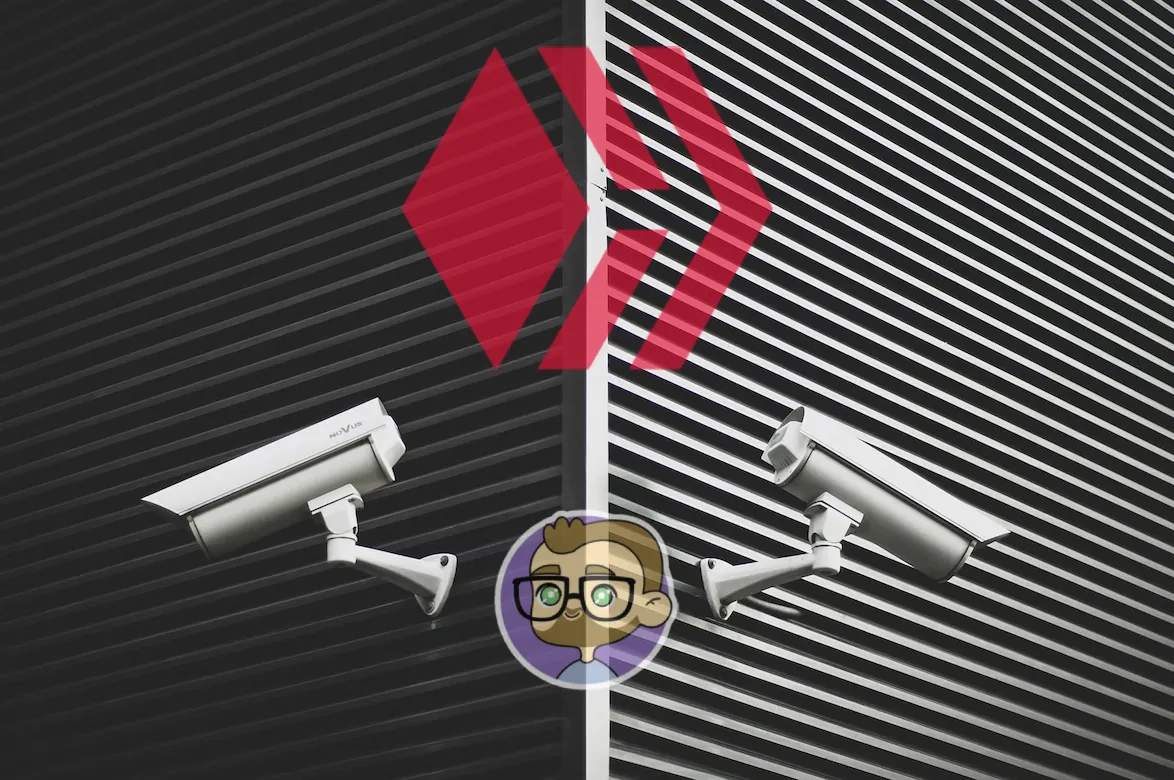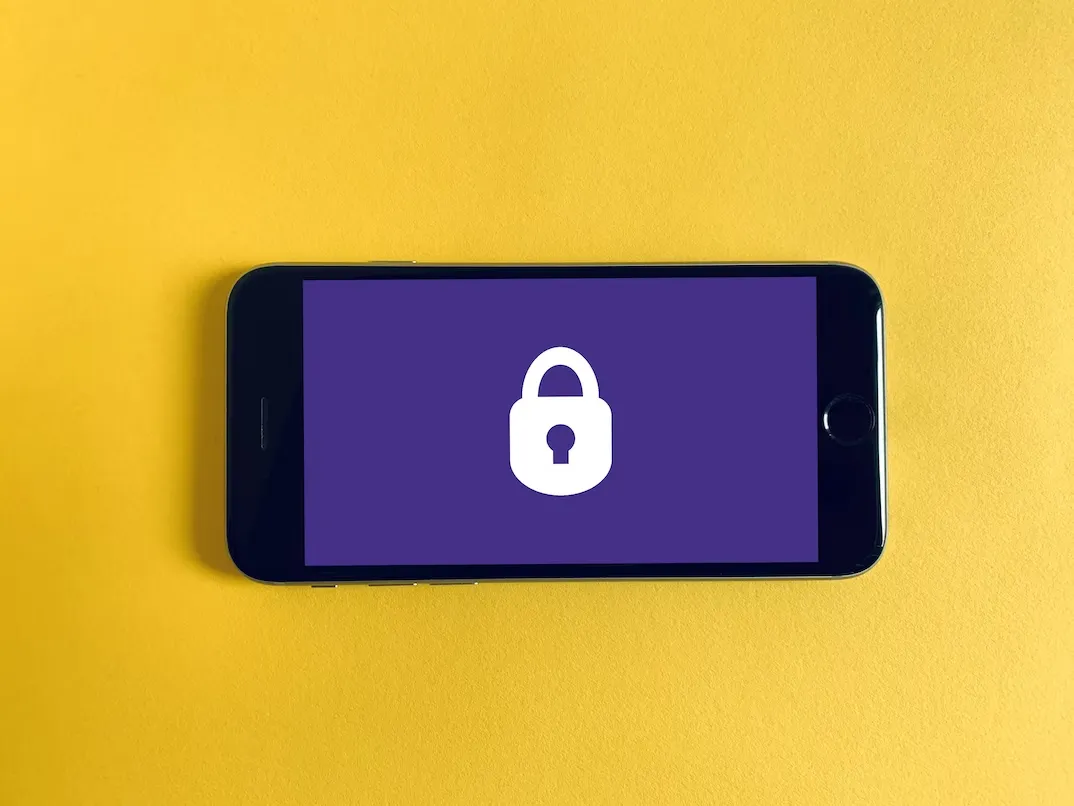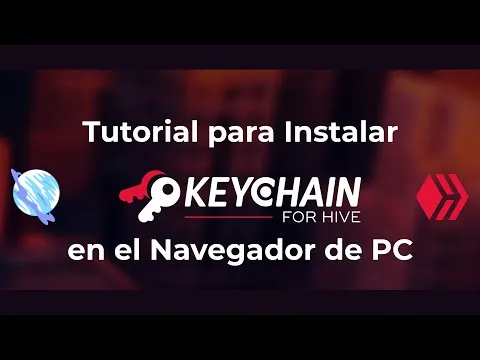
¡Hola amigos de Hive!
De vez en cuando recibo mensajes de personas que perdieron el acceso a sus cuentas. He podido ayudar a varios de ellos a recuperar sus cuentas o a cambiar las llaves para evitar más pérdidas. Siempre les pregunto si dieron clic a un link sospechoso o como fue que sus cuentas fueron vulneradas. Pero recientemente me enteré de que hay una forma más elaborada y peligros que están utilizando los hackers. Debo decir que no siempre es por phishing, pueden ser otras razones e incluso puede ser un familiar o amigo muy cercano quien realiza este hackeo y es muy triste.
Hello, friends of Hive!
From time to time, I receive messages from people who lost access to their accounts. I have been able to help several of them recover their accounts or change the keys to prevent further losses. I always ask them if they clicked on a suspicious link or how their accounts were compromised. But recently, I found out that there is a more elaborate and dangerous way that hackers are using. I must say that it is not always phishing, it can be other reasons, and it can even be a family member or a very close friend who does this hacking, which is very sad.
Muchos ya saben que no deben de creer en airdrops mágicos o que no deben ingresar su clave maestra o la clave owner en cualquier lugar. Los diferentes líderes de la comunidad hispana y de otras partes del mundo, hemos hablado de esto hasta el cansancio. En algunos de los últimos casos me han dicho que no tienen ni idea de cómo pasó. Que no dieron clic a ningún enlace raro y que nadie tiene acceso a sus dispositivos, ya sea PC o celular. Pero cometieron un error común, confiar "en la nube".
Siento desilusionarlos, "la nube" no existe, es simplemente la computadora de alguien más y puede ser vulnerada. Debemos de tener mucho cuidado con la información que guardamos ahí. "La nube" puede ser nuestra cuenta de Google, de iCloud, de Outlook, o un canal / chat privado de Discord, Telegram, etc. Lo que están haciendo estos hackers es comprar o hackear el acceso a estas cuentas de correo (o de otro tipo) y si la víctima tenía su cuenta de Hive ahí, inmediatamente cambia las contraseñas, envía todo lo que está en líquido a una cuenta de Hive, comienzan el power down y configuran la ruta de este hacia sus cuentas.
Esto lo podemos prever usando identificación de dos pasos en todas las cuentas posibles, o mejor aún: NO guardando cosas importantes en la nube. Para las cuentas de Hive es mejor guardarlas de manera offline, puede ser en una USB y siempre, siempre tenerlas respaldadas, por cualquier cosa.
Many already know that they should not believe in magic airdrops or not enter their master password or owner password anywhere. The leaders of the Hispanic community and from other parts of the world have talked about this to exhaustion. In some of the last cases, I have been told they have no idea how it happened. They didn't click on any weird links, and no one could access their devices, be it PC or cell phones. But they made a common mistake, trusting "the cloud."
Sorry to disappoint you, but "the cloud" does not exist. It is simply someone else's computer, and it can be breached. We must be very careful with the information we store there. "The cloud" can be our Google, iCloud, or Outlook. It could also be a private Discord, Telegram, etc. channel or chat. These hackers are buying or hacking access to these email (or other) accounts. If the victim had their Hive account there, they immediately changed the passwords, sent everything in liquid to a Hive account, start a power down, and configure an outgoing withdrawal route of this to their accounts.
We can prevent this by using two-step identification on all possible accounts, or better yet: NOT storing important stuff in the cloud. For Hive accounts, it is better to save them offline. It can be on a USB stick, and always have them backed up, just in case.

Si tú tienes tu cuenta de Hive en la nube, te invito a que cambies las llaves y que dejes de guardarlas ahí. Yo sé que es más cómodo y más sencillo, pero vale mucho la pena tener ese paso de seguridad extra. Hemos visto muchos casos de personas que han perdido el trabajo de muchos años por no tomar en cuenta estas precauciones. Además, los hackers venden todo eso al instante, y esto hace que el valor de la moneda se vea afectado negativamente.
Esas cuentas se pueden reportar para meterlas en lista negra, pero desafortunadamente (o afortunadamente) nadie en Hive puede mover los balances de esas cuentas o evitar que hagan transacciones.
If you have your Hive account in the cloud, I invite you to change the keys and stop saving them there. I know it's more convenient and simpler, but having that extra security step is well worth it. We have seen many cases of people who have lost many years of work because they did not consider these precautions. Also, hackers sell all of that HIVE instantly, negatively affecting the currency's value.
Those accounts can be reported for blacklisting, but unfortunately (or fortunately), no one at Hive can move the balances of those accounts or prevent them from transacting.
La importancia de las cuentas de recuperación
Otra cosa que debemos tener presente es la cuenta de recuperación. Esta es una función que tienen la Blockchain de Hive que nos permite recuperar la cuenta en caso de que las claves privadas o contraseñas sean cambiadas. OJO, solo si son cambiadas, NO nos ayuda en el caso de que las perdamos.
Es muy importante que conozcas al usuario que es tu cuenta de recuperación y que ellos te conozcan a ti. La cuenta de recuperación es la cuenta de Hive que creó tu cuenta. Normalmente las cuentas de recuperación son OCD, TIPU, APPRECIATOR, ECENCY, STEEMMONSTERS, THREESPEAK, dependiendo de la forma en que hayas creado tu cuenta. Si tu cuenta fue creada antes del 20 de marzo del 2020, lo más probable es que sea STEEM y si este es el caso, te recomiendo actualizarla lo antes posible, porque en el desafortunado caso que te cambien las contraseñas, no tendrías manera de recuperar la cuenta. Esto es porque los administradores de STEEM ya no están activos en HIVE.
Para ver quién es tu cuenta de recuperación, puedes visitar hiveblocks.com. Pones tu usuario después del @ y buscas en "Account recovery".
The importance of Account Recovery
Another thing to keep in mind is the recovery account. This feature that the Hive Blockchain has allows us to recover the account in case the private keys or passwords are changed. WARNING, only if they are changed, it does NOT help us in case we lose them.
You must know the user that is your recovery account and that they know you. The recovery account is the Hive account that created your account. Typically recovery accounts are OCD, TIPU, APPRECIATOR, ECENCY, STEEMMONSTERS, and THREESPEAK, depending on how you created your account. If your account was created before March 20, 2020, it is most likely STEEM, and if this is the case, I recommend you update it as soon as possible because if someone changed your private keys, you would have no way to recover the account. This is because STEEM administrators are no longer active in HIVE.
To see who your recovery account is, you can visit hiveblocks.com. Put your username after the @ and look under "Account recovery".

Palabras Finales
Para evitar hackeos por phishing siempre les recomiendo usar Hive Keychain, tanto en el celular como en la PC y ser muy conscientes de las páginas donde estamos ingresando las claves. Eviten estar copiando y pegando constantemente las claves más sensibles como la ACTIVE, OWNER o MASTER. Así evitamos pegarlas por error en un post o en un memo de una transferencia. Recuerden que las transacciones en Hive son inmutables, y aun borrando o editando de la interfaz estará disponible en los exploradores de bloques.
Si tienen dudas, los leo en los comentarios. Y si les pasa esto y necesitan ayuda, pueden contactarnos en el servidor de Discord de Aliento. Para terminar les comparto algunos tutoriales importantes:
Final Words
To avoid phishing hacks, I always recommend you use Hive Keychain on your cell phone and your PC and be very aware of the pages where you enter your passwords. Avoid constantly copying and pasting the most sensitive passwords, such as ACTIVE, OWNER, or MASTER. This way, we can avoid pasting them by mistake in a post or a transfer memo. Remember that transactions in Hive are immutable, and even deleting or editing the interface will be available in the block explorers.
If you have questions, I'll read and reply in the comments. And if this happens to you and you need help, you can contact us on the Aliento Discord server. To finish, I will share with you some important tutorials:
Fuentes - Sources: Cover - Stormtrooper - Cellphone
 |  |
@eddiespino | @aliento |
